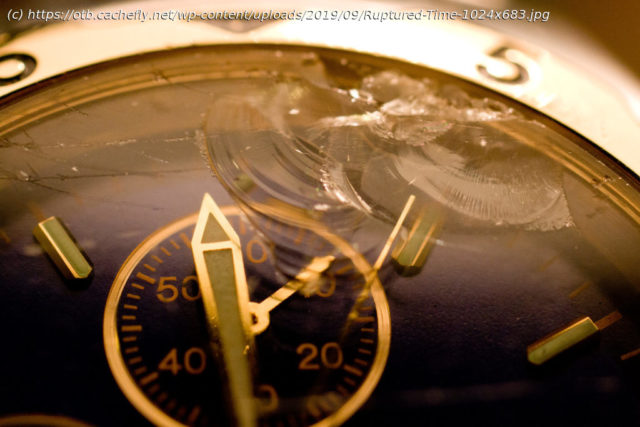We may be on the verge half a century after our last experiment.
As we sprung forward this weekend, I made light of the biennial tradition of media commentary on the merits of Daylight Saving Time. Well, they might come to an end. NPR (“ The Senate approves a bill to make daylight saving time permanent “): The Senate passed a bill Tuesday that would make daylight saving time permanent across the U.S. beginning in 2023. The so-called Sunshine Protection Act of 2021 was approved by unanimous consent, but would still require House approval and President Biden’s signature to become law. For those wishing for an end to annual clock shifting, this most recent push in Congress is perhaps better late than never. “We don’t have to keep doing this stupidity anymore. And why we would enshrine this in our laws and keep it for so long is beyond me,” Sen. Marco Rubio, R-Fla., one of the sponsors of the bill, said on the Senate floor. “Hopefully, this is the year that this gets done. And pardon the pun, but this is an idea whose time has come,” he added. House Majority Leader Steny Hoyer’s office tells NPR that there are no immediate plans to vote on daylight saving time, but they note the House Committee on Energy and Commerce had a hearing on it last week and there’s bipartisan support for it. Daylight saving time began as a bid to pack more hours of sunlight into the day during the summer months and cut down on energy use, though critics question how effective it’s been toward that goal. Instead, health experts say switching our clocks twice a year has led to an uptick in sleep deprivation and other health problems. The American Academy of Sleep Medicine supports a year-round national clock. Daylight saving time currently makes up roughly eight months of the year, with the remainder counterintuitively called standard time. This phenomenon is not unique. As I often remind students, “irregular” warfare is much more common than conventional state-on-state conflict like World War II. As to the sleep experts, they do indeed want to stop switching clocks. Alas, they want to go in the opposite direction. WaPo (“ Stop springing forward, say sleep experts pushing standard over daylight saving time “): According to the American Academy of Sleep Medicine, the switch to DST does more than temporarily throw our sleep schedule out of whack: Data shows it poses serious public health and safety risks. And now, members of the prominent sleep organization have made it clear that if they had it their way, the country would finally be rid of the decades-old system of shifting between standard time and DST, which is observed by all but two states and some U.S. territories. A growing body of evidence prompted the academy to release its first position statement on the subject, recommending that the country eliminate the biannual switches in favor of year-round standard time, which it asserts better aligns with the human body’s natural circadian rhythms.






